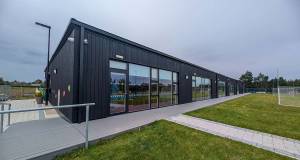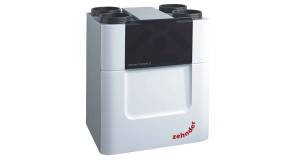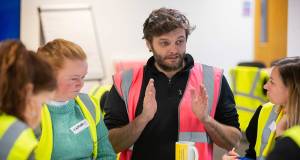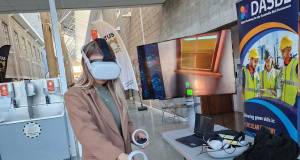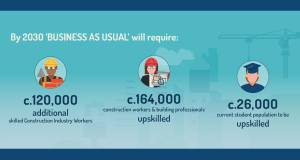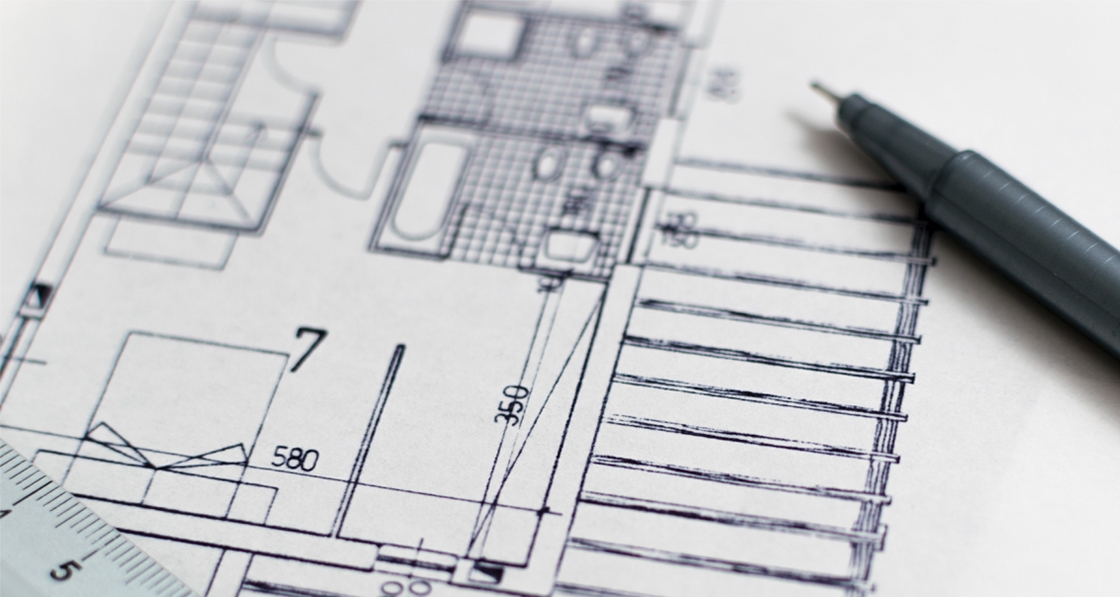
- Health
- Posted
Architectural education must focus on occupant well-being — UCD lecturer
The co-ordinator of a sustainability focused architectural masters programme in University College Dublin believes that education in building design needs to focus more on the health and well-being of building occupants, as well as the numbers-driven approach of energy efficiency and resource conservation.
This article was originally published in issue 20 of Passive House Plus magazine. Want immediate access to all back issues and exclusive extra content? Click here to subscribe for as little as €10, or click here to receive the next issue free of charge
Paul Kenny is a lecturer at the university’s School of Architecture, Planning and Environmental Policy. Together with his colleague Vivienne Brophy, he co-ordinates the MArchSc in Sustainable Building Design & Performance. He told Passive House Plus that the course is somewhat unique in Ireland in taking such an occupant-centred approach to sustainability.
“At the moment the sustainability agenda is largely energy and technology driven, but there’s a growing emphasis now on occupant health and well-being in a more balanced sustainability agenda,” he said.
“There is today a real need for greater awareness of indoor air and environmental quality, comfort, daylight, quality of life and mental well-being, much of which has played, at best, second place to energy matters for decades. While energy and its polluting emissions remain a priority in building design, so too is the well-being of building occupants. In the so-called developed world we spend 90% of our lives indoors.”
“The course is designed for people from a background in architecture or similar disciplines looking to define themselves within the area of sustainability,” he explained. “Our aim is to provide a body of highly knowledgeable graduates who can go into architectural practices with a broad and creative sustainability mindset.”
The course, which is now in its fifth year, is a one-year taught programme that runs from September through August and has a major emphasis on practical studio design and research work. Core modules include ‘sustainable building systems’, which looks at how buildings can conserve energy, materials and water, and at “technologies, components and materials suitable for zero energy new build and cost-effective retrofit”.
There is also a core module in ‘sustainable design & the occupant’, which places a particular focus on occupant physiology, psychology and health.
Other core modules include the ‘sustainable building analysis studio’, and the ‘field studies’ module, which comprises an international study trip to exemplary sustainable buildings. There are also optional modules in parametric design, placemaking: urban & rural design, and in geographical information systems, amongst others.


